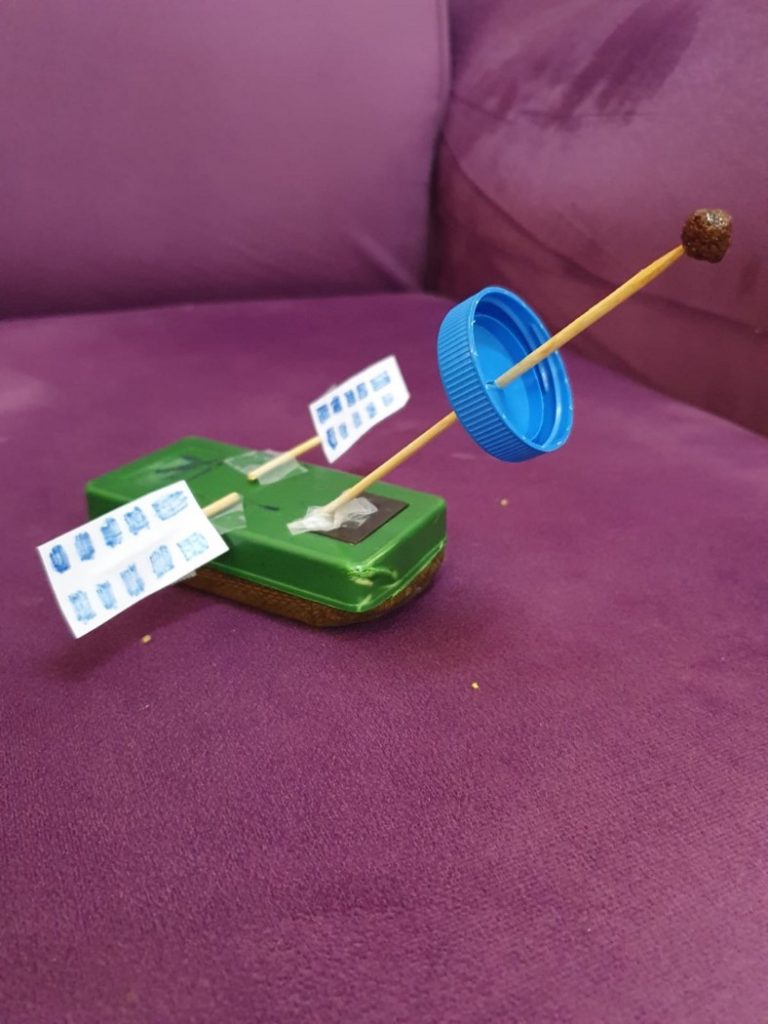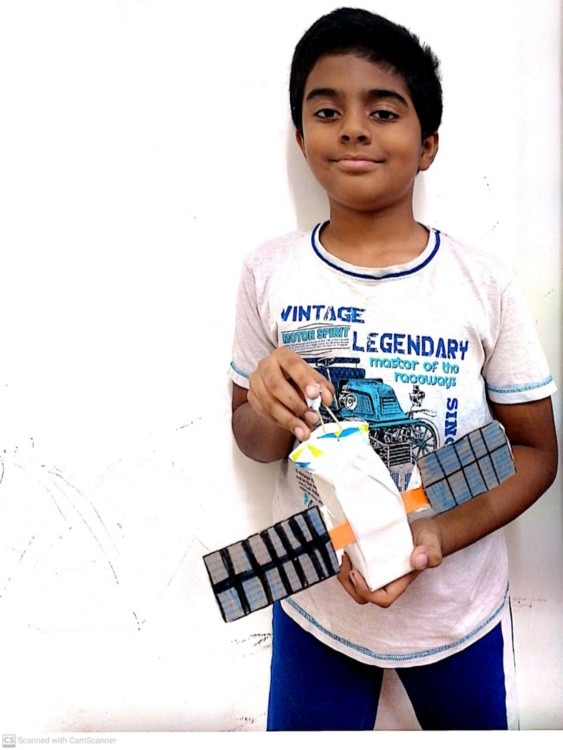
Over the centuries a lot has changed for mankind. We have changed: the way we travel, the way we eat, and the way we live. But one thing that hasn’t changed is the way we learn. Of course, through the power of technology, we can learn anything, anywhere, and anytime we want. However, the core learning methodologies of learning largely remain the same. Whether it is online learning or traditional classroom learning, both are based heavily on auditory and visual learning techniques. Say a student memorizes a topic for tomorrow’s test, and in the test, the student gets a high score. A high score would mean mastery of the topic, but what if the same test was taken without revision 1 month later? 4 months later? 6 months later? The score would never be as much as it was before. The reason? Low retention. The traditional process used to learn the topic isn’t enough to help students retain what was learned for a longer period of time.

“Tell me and I forget, teach me and I may remember, involve me and I learn.” -Benjamin Franklin.
Kinesthetic learning is a process of learning where auditory and visual learning is combined with full participation from the student. This process of learning which is also called hands-on-learning covers both physiological and psychological impacts of learning. By combining both sides of the brain, knowledge is easily retained for a longer period of time along with an in-depth understanding of the topic learned. Hands-on-learning is also known to increase student engagement and creativity.
The best part about hands-on-learning is that it isn’t just restricted to traditional classroom learning. Labrynthe’s Young Astronomer Program is a series of online workshops that provide hands-on-learning experience to aspiring space scientists. Students aged 4–18 will have comprehensive and interactive sessions with expert astronomers who will guide them through DIY experiments which will enable in-depth understanding and life long retention, ensuring that the students become the space scientists they aspire to be.

